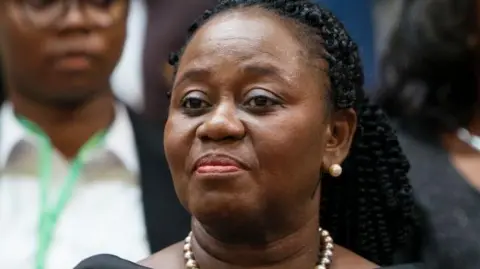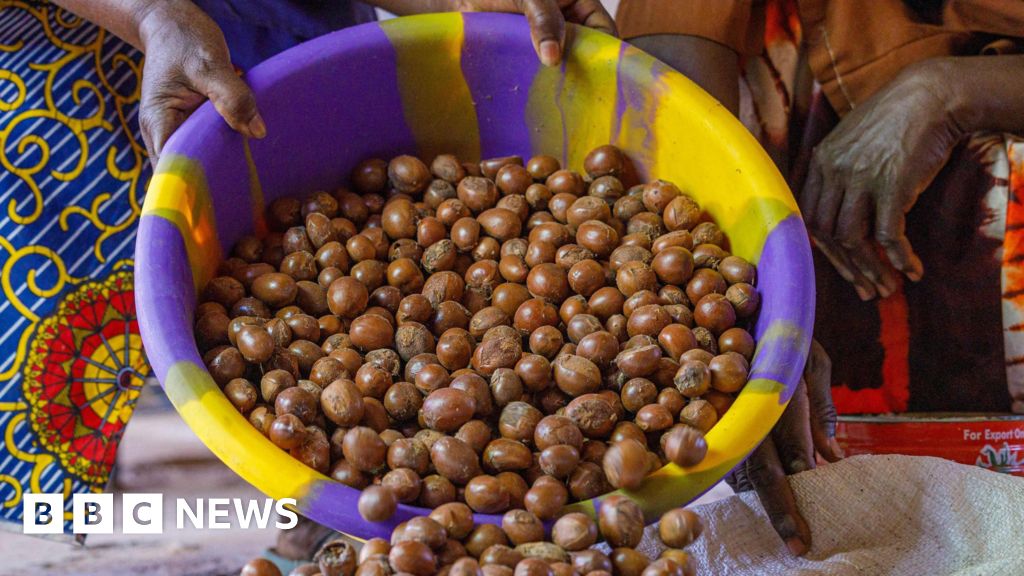The BBC Eye investigation has unveiled alarming practices by Aveo Pharmaceuticals, an Indian company accused of producing illegal opioids and exporting them to West Africa, sparking a public health crisis. The investigation highlights the widespread distribution of pills such as Tafrodol, containing tapentadol and carisoprodol—substances that are both highly addictive and unlicensed globally.
Aveo’s illicit drugs have flooded the streets of countries like Ghana, Nigeria, and Côte d'Ivoire, where they are selling cheaply and posing significant health risks. An undercover operative from the BBC infiltrated Aveo's Mumbai facility, observing the production of these dangerous pills. During a clandestine meeting with one of the firm's executives, Vinod Sharma, he casually acknowledged that the product, culminating in severe health hazards, was merely "business."
In northern Ghana's city of Tamale, the rise in opioid usage has compelled local leaders, including chief Alhassan Maham, to establish a citizen task force aimed at curbing the sale of these drugs. This group has been active in raiding dealers, with the BBC documenting their recent operations, revealing the direct impact of these opioids on the community. Locals describe the drugs as a destructive force, stripping youth of their potential and essence.
Regulatory inadequacies have allowed firms like Aveo to exploit lax laws, seen in the lucrative export figures detailing millions of pills shipped to West Africa. Despite governmental efforts to clamp down on existing opioid issues, the emergence of Aveo's more potent products poses a grim twist to the ongoing crisis.
Health experts emphasize the peril of combining tapentadol and carisoprodol, warning that this mix could lead to life-threatening overdoses. Clandestine conversations in Aveo's factory reveal a disturbing willingness to prioritize profit over public health, with claims from Sharma about concocting new drug combinations with little regard for safety protocols.
While Ghanaian authorities are actively working against the tide of addiction within their communities, with drug seizures and public burnings of confiscated pills, the sad truth remains that the root of this crisis lies across the globe in India, where unscrupulous pharmaceutical practices continue without a proper regulatory response. The implications of Aveo's actions extend well beyond profit margins; they represent a growing challenge to public health, threatening the lives and futures of countless vulnerable communities across West Africa.






















